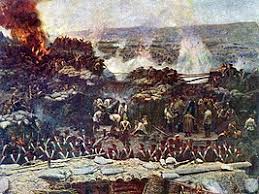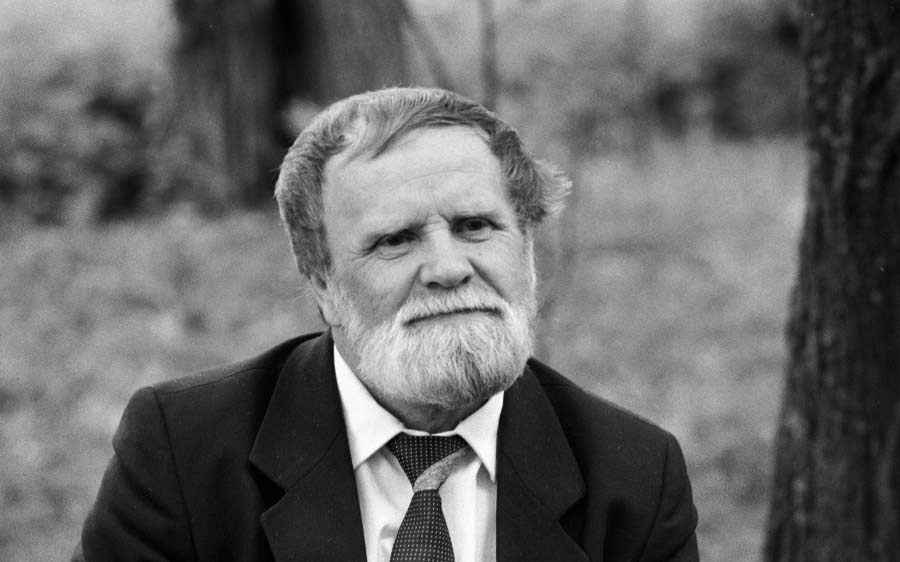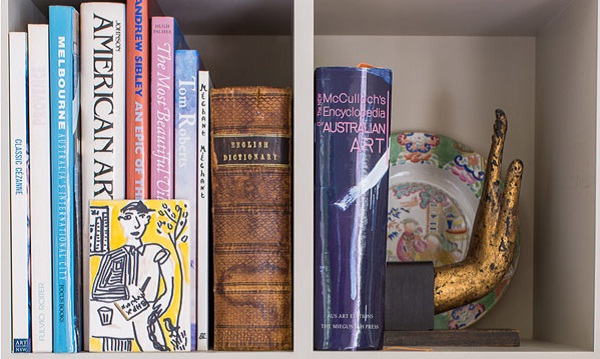tanya
Rose and Cross block
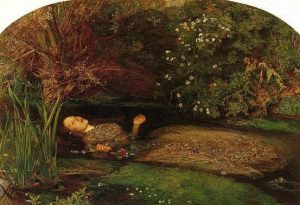 The ideological and philosophical basis of the drama is a characteristic of the Bloc of the 1910s the idea of the many-sided nature of life, the idea of merging its opposing principles. Its main motive is connected with this – the dual unity of Joy-Suffering, a motive that is also reflected in its title, where “rose” should mean pleasure, joy of life, and “cross” – suffering that fell to a person or voluntarily accepted by him. The same motif is organically intertwined with a number of images of the multicolored world that surrounds the hero (Bertrand) and the heroine (Isoru): inviting mysterious, gloomy sea distantly, invoking a new and deep meaning to their dull being. Continue reading
The ideological and philosophical basis of the drama is a characteristic of the Bloc of the 1910s the idea of the many-sided nature of life, the idea of merging its opposing principles. Its main motive is connected with this – the dual unity of Joy-Suffering, a motive that is also reflected in its title, where “rose” should mean pleasure, joy of life, and “cross” – suffering that fell to a person or voluntarily accepted by him. The same motif is organically intertwined with a number of images of the multicolored world that surrounds the hero (Bertrand) and the heroine (Isoru): inviting mysterious, gloomy sea distantly, invoking a new and deep meaning to their dull being. Continue reading
Belinsky “Literary dreams”
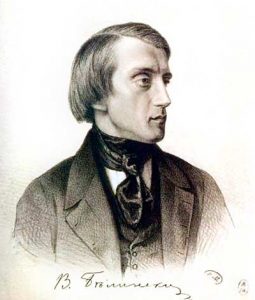 The basis of the article “Literary Dreams” by Belinsky was based on the idea that we do not have literature, because there is still no society, the physiognomy of the people has not been clarified, the Russian people have not been determined. He makes an attempt to define the very concept of “literature” and “nationality.” Continue reading
The basis of the article “Literary Dreams” by Belinsky was based on the idea that we do not have literature, because there is still no society, the physiognomy of the people has not been clarified, the Russian people have not been determined. He makes an attempt to define the very concept of “literature” and “nationality.” Continue reading
Byron “Childe Harold’s Pilgrimage”
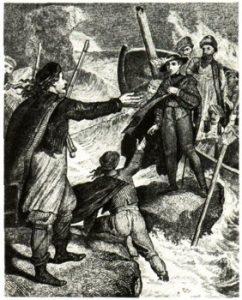 The hero of Byron’s poem Childe Harold’s Pilgrimage is a young aristocrat, full of pleasure and disappointed in life. Leaving the “father’s house”, his “ancient castle”, Harold sits on the ship and says goodbye to his homeland. The agitated lines of “Farewell” convey the senses of the poet himself, who, like his hero, left England without regret with extraordinary force:
The hero of Byron’s poem Childe Harold’s Pilgrimage is a young aristocrat, full of pleasure and disappointed in life. Leaving the “father’s house”, his “ancient castle”, Harold sits on the ship and says goodbye to his homeland. The agitated lines of “Farewell” convey the senses of the poet himself, who, like his hero, left England without regret with extraordinary force:
With you, ship, in a far light
I will rush under the storm howl …
Where? – there is no concern, Continue reading
